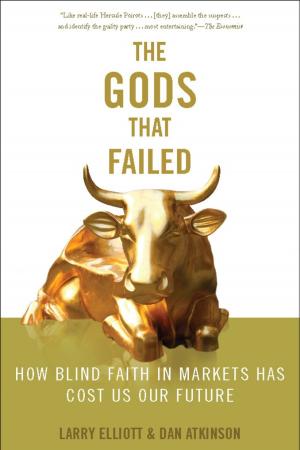Frugal Innovation
How to do more with less
Business & Finance, Economics, Development & Growth, Entrepreneurship & Small Business, New Business Enterprises| Author: | Navi Radjou, Jaideep Prabhu, The Economist | ISBN: | 9781610395069 |
| Publisher: | PublicAffairs | Publication: | February 10, 2015 |
| Imprint: | The Economist | Language: | English |
| Author: | Navi Radjou, Jaideep Prabhu, The Economist |
| ISBN: | 9781610395069 |
| Publisher: | PublicAffairs |
| Publication: | February 10, 2015 |
| Imprint: | The Economist |
| Language: | English |
Frugal innovation is a way that companies can create high-quality products with limited resources. Once the preserve of firms in poor markets, Western companies are now seeking ways to appeal to cost-conscious and environmentally-aware consumers at home. With an estimated trillion-dollar global market for frugal products, and with potentially huge cost savings to be gained, frugal innovation is revolutionizing business and reshaping management thinking. This book explains the principles, perspectives and techniques behind frugal innovation, enabling managers to profit from the great changes ahead. The book explains:
How to achieve mass customization, using low-cost robotics, inexpensive product design and virtual prototyping software.
How consumers and other external partners can help develop products
How to implement sustainable practices, such as the production of waste-free products
How to change the corporate culture to become more frugal
Frugal innovation is a way that companies can create high-quality products with limited resources. Once the preserve of firms in poor markets, Western companies are now seeking ways to appeal to cost-conscious and environmentally-aware consumers at home. With an estimated trillion-dollar global market for frugal products, and with potentially huge cost savings to be gained, frugal innovation is revolutionizing business and reshaping management thinking. This book explains the principles, perspectives and techniques behind frugal innovation, enabling managers to profit from the great changes ahead. The book explains:
How to achieve mass customization, using low-cost robotics, inexpensive product design and virtual prototyping software.
How consumers and other external partners can help develop products
How to implement sustainable practices, such as the production of waste-free products
How to change the corporate culture to become more frugal















